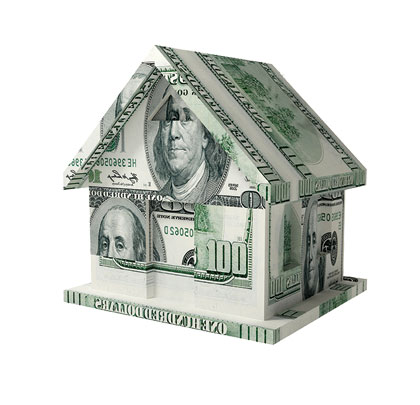The Power of the Energy-Efficient Building Incentive
By Valerie Ward
Doing more at a lower cost and with fewer resources is every business person’s challenge. When it comes to energy efficient building, not only do innovative new techniques ultimately save money and energy costs, they also help the environment. The 179D Tax Deduction is a valuable opportunity for architectural, construction, design, and engineering firms to contribute to the Nation’s energy efficiency goals, while increasing a company’s bottom line.
SECTION 179D
Section 179D of the Internal Revenue Code was enacted by Congress as part of its 2005 Energy Policy Act to encourage the energy-efficient design and construction of new or renovated properties. This legislation originated to reward commercial building owners for energy-efficient design. A few years later, during the economic downturn, it became apparent to Congress that the benefit had less value because the private industry was making fewer investments in new and remodeled buildings.
The 179D incentive was designed to benefit an industry that has sustained an enormous negative impact as a result of the faltering economy over the last few years. When government owners of buildings approved the allocation of this eco-friendly benefit to the private sector, it furthered the cause of energy conservation and helped to stimulate the American economy.
However, experts noted that the government continued to remodel and construct new properties as it is a non-tax paying entity and could not benefit from 179D. The tax code was subsequently amended to allow the government owner of new or remodeled building to allocate deductions to providers who were responsible for the energy efficiency of their property. Qualifying companies may receive a deduction of up to $1.80 per square foot for eligible projects placed into service and completed from 2009 (for calendar year-end firms) through 2013.
“What’s so fascinating about 179D is that it’s an incentive for a trend within the construction industry that almost all companies are already moving towards,” Dean Zerbe, former senior tax counsel to the Senate Finance Committee and alliantgroup’s national managing director, says. “It clearly makes sense to develop new environmentally friendly technology from both a financial aspect and to be more globally responsible. The government is keenly interested in these endeavors which is why they developed this deduction.”
Government projects that qualify for allocation include properties that incorporate the design and installation of energy-efficient interior lighting, HVAC, and hot water systems, or building envelope strategies. Projects include construction or renovation of: schools, libraries, town halls, airports, transportation facilities, post offices, court houses, military bases, government offices, parking structures, and more.
ENERGY EFFICIENCY
Energy efficiency isn’t only good for business, but it’s also good for the planet. According to the U.S. Energy Information Administration, the building sector consumes nearly 50 percent of all energy and nearly 75 percent of all electricity produced in the country. All indicators suggest that this trend is likely to get worse. Between 2010 and 2030, total building sector energy consumption is predicted to increase by about seven quadrillion Btu. One quadrillion Btu is the energy equivalent to 36 million tons of coal being burned at a power plant.
Bob Riley, alliantgroup director and former governor of Alabama, is a major proponent of 179D and he is passionate about spreading the word. “When I first learned about 179D, I immediately called the presidents of the big universities in my state to see if they were taking advantage of 179D with their new campus buildings,” Riley says. “To my complete shock, they weren’t. It’s imperative for any organization involved in any sort of building or renovating to see if they are eligible for the credit because so much of this money is left on the table.”
Most construction firms are already pushing toward being more environmentally friendly and energy efficient, so why haven’t more taken advantage of this lucrative incentive? In almost every case, companies are simply unaware of its existence.
Being good stewards of the planet is everyone’s responsibility. Some would have us believe that we have to choose between economic progress and being environmentally conscious, but that is simply not true. Energy efficiency saves money and resources in the long-term, and the government wants to encourage this through generous deductions. Helping the environment and saving money at the same time through the 179D Deduction is a win-win for business, our country, and our planet. ■
For More Information:
alliantgroup LP is the nation’s leading specialty tax firm specializing in 179D, as well as Research & Development Credit. To find out how to obtain 179D Deduction for your firm, contact Valerie Ward, alliantgroup national director, energy credits and incentives, at 949.809,2170, or email valerie.ward@alliantgroup.com.
_________________________________________________________________________
Modern Contractor Solutions, March 2013
Did you enjoy this article?
Subscribe to the FREE Digital Edition of Modern Contractor Solutions magazine.

Doing More With Less


